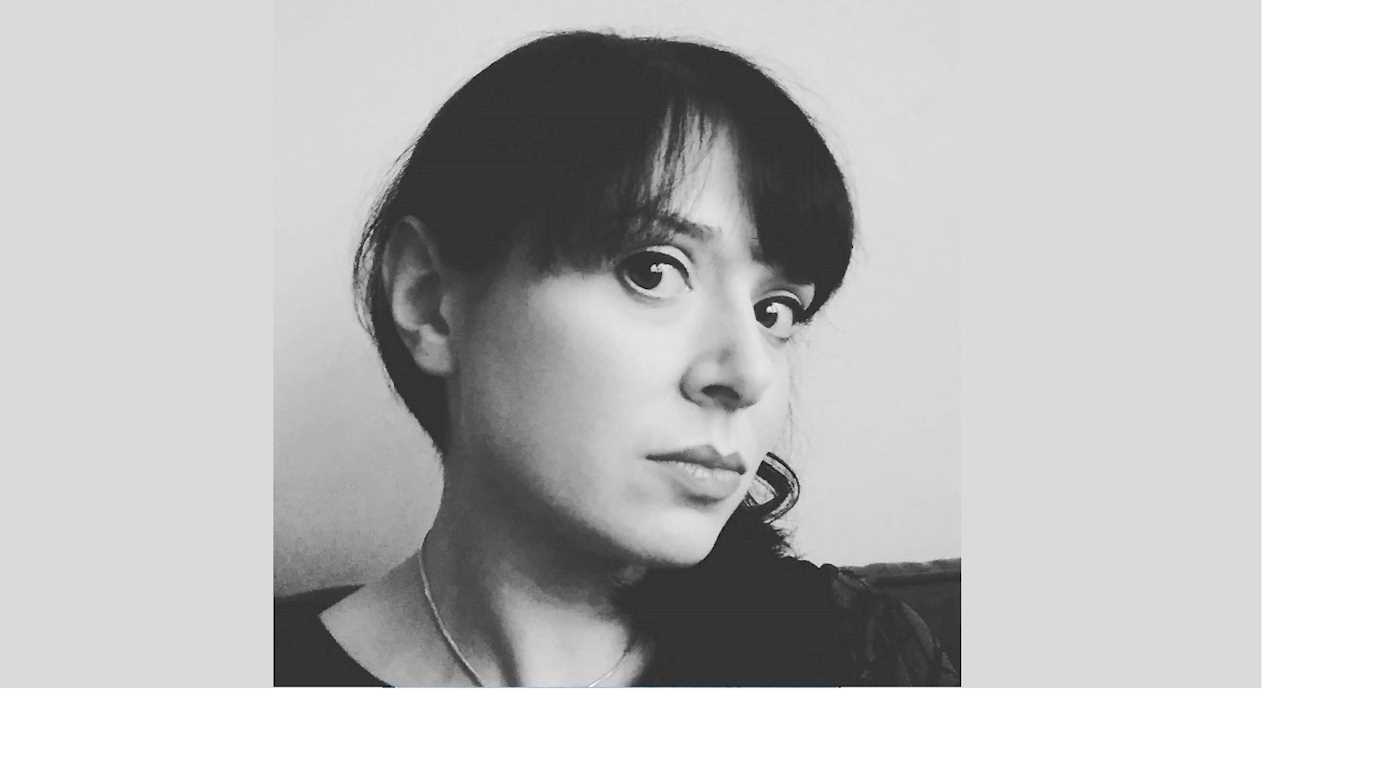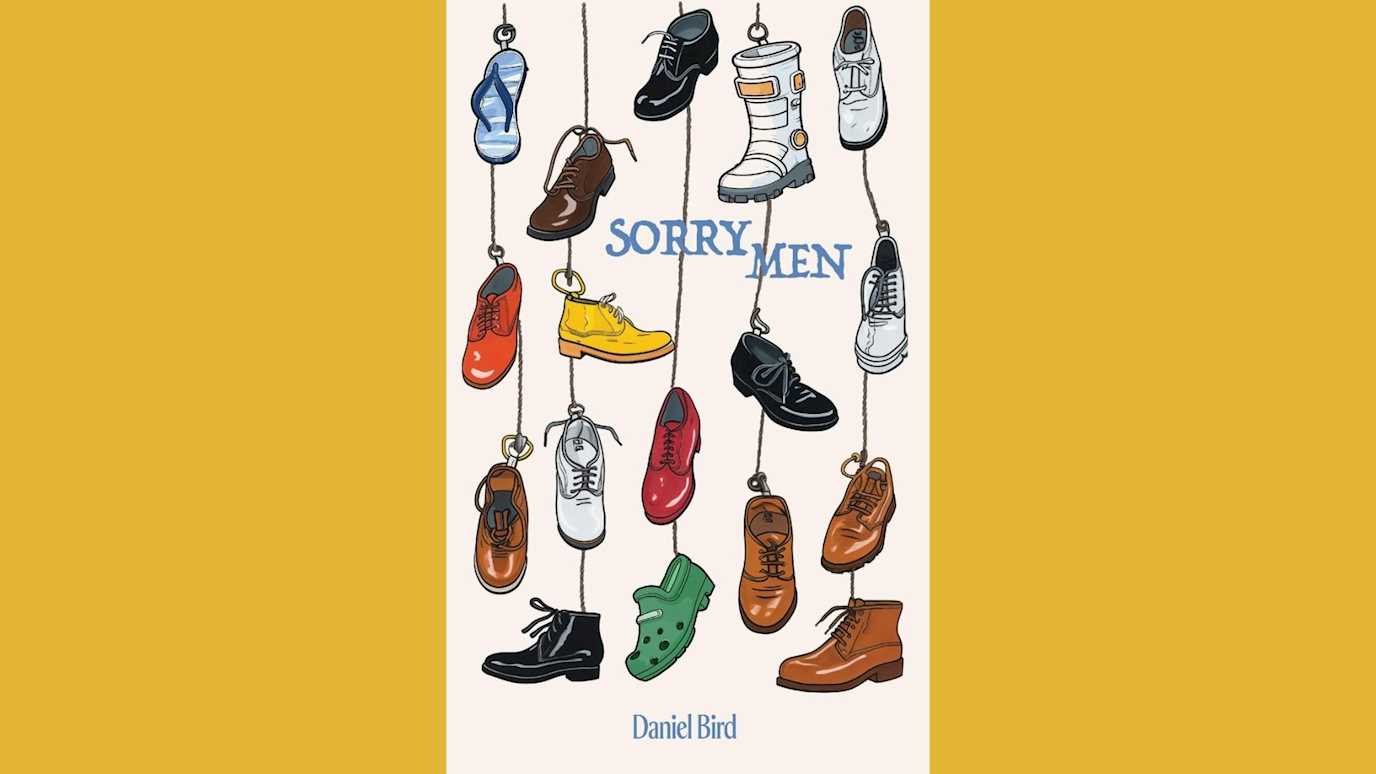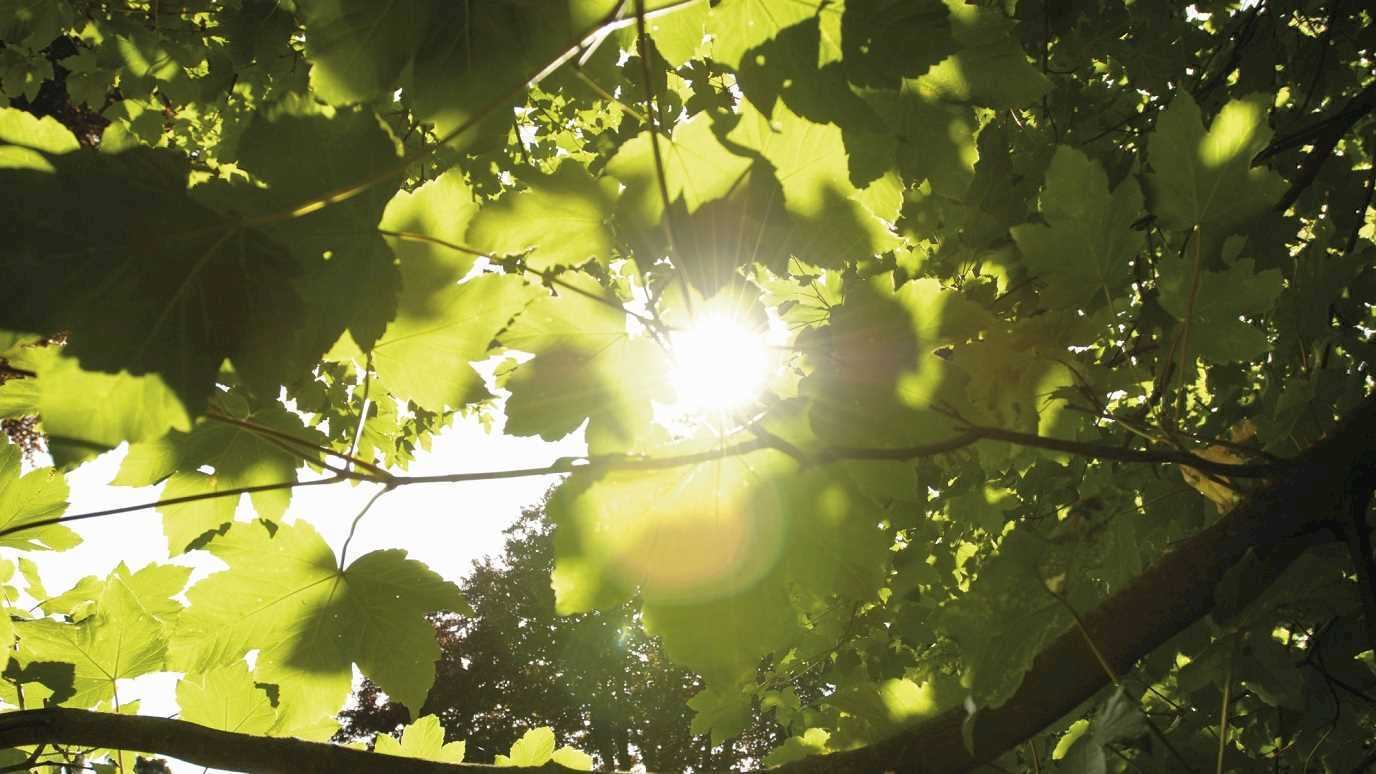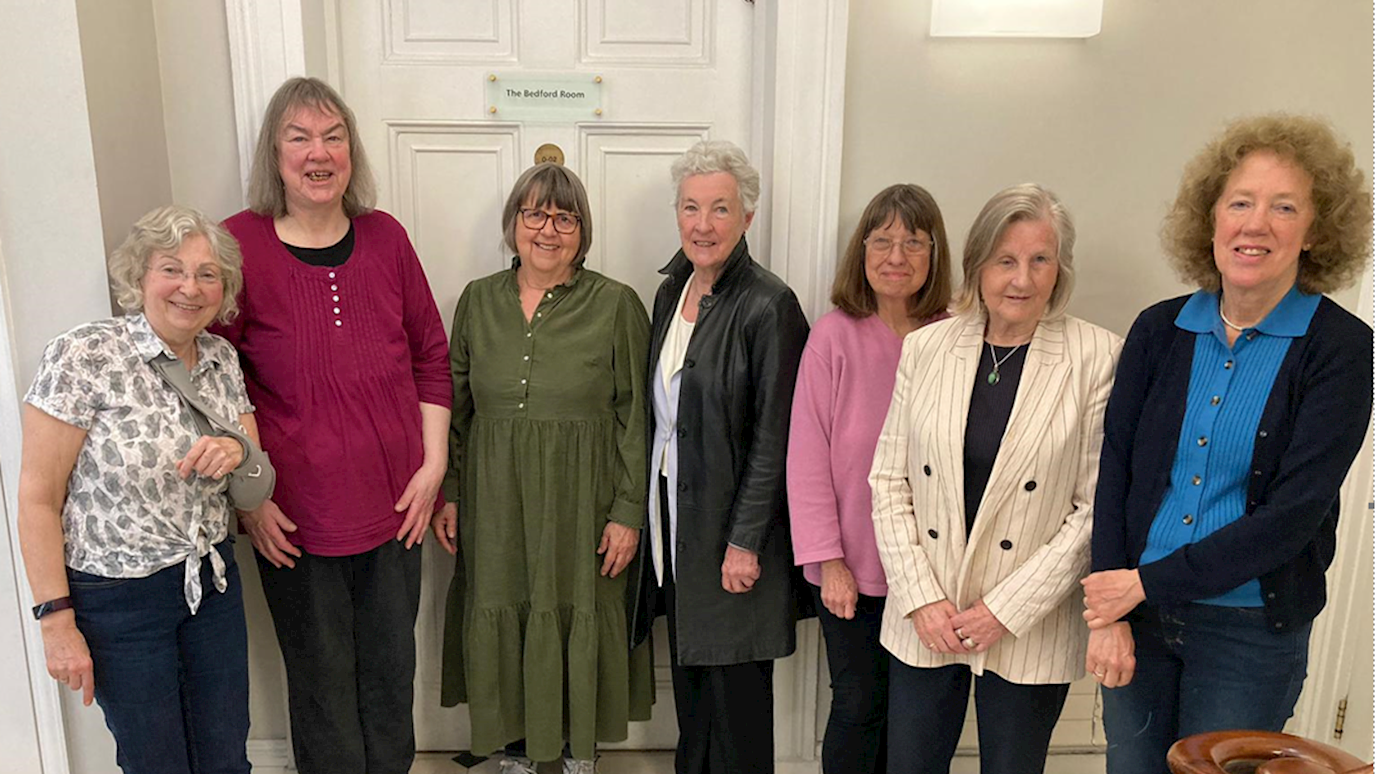Alumna Aliide Naylor (BA History 2011) is a freelance journalist focusing on Russia and eastern Europe. Her writing has appeared in The Guardian, New Statesman, POLITICO Europe, frieze, openDemocracy, New Eastern Europe and Vocativ, among others. Earlier this year she published her book 'The Shadow in the East: Vladimir Putin and the New Baltic Front'. She talks to us about the book, studying at Royal Holloway and her career journey.

Why did you choose to study History at Royal Holloway?
I had previously started a politics degree at Sheffield and took some history modules on the side that sounded interesting; history at university level is vastly different from the history taught in high school. I realised early on in my first year that I had a much stronger preference for history. I was also experiencing some post-operative health problems and wanted to be nearer to London so simply decided it was best to start again the following year. Royal Holloway's history department was extremely reputable, and the university was close enough to the city for me to be comfortable travelling there, but peripheral enough that I could concentrate on my work.
What did you enjoy most about the course?
It sounds like a cop-out but I enjoyed everything about the course, and how it developed from broader philosophical questions (such as understanding the passage of time in the 'History and Meanings' module) to very focused primary source work in the final year (dissertation), where we were expected to draw our own conclusions from extensive study. I spent a lot of time with the microfilm machine! The tutors were inspiring, exacting and extremely supportive. It's almost impossible to choose the classes I found most interesting, but I was particularly invested in the history of medicine, genocide in a comparative perspective, and (of course) Russian literature. We also had the opportunity to attend several interesting extracurricular talks, I remember a particularly fascinating evening lecture about Operation Albion in first year!
Please tell us about your career journey and what you are doing now.
After Royal Holloway, I took a CertTESOL (Certificate in Teaching English to Speakers of Other Languages) and moved to Russia to do my MA at the European University at St. Petersburg, which provided the opportunity for intensive Russian language study. I taught English for a little while before moving into media, gaining experience at both independent newspaper The Moscow Times and Kremlin-backed broadcaster RT.
The years 2011-2015 were a fascinating time to be in the country. I saw Euromaidan in Ukraine first-hand and watched Russian media constrict from the inside. After the annexation of Crimea I became more curious about the present-day situation in the other European nations bordering Russia – especially the Baltic states on account of my own Estonian heritage. After I left Russia I led a somewhat nomadic lifestyle for a while, writing and editing remotely from various places. One article I wrote called 'Trump, Russia and the new geopolitics of the Baltics' drew the attention of a publishing house and they commissioned my first book.


Please tell us about writing ‘The Shadow in the East’.
My book, The Shadow in the East: Vladimir Putin and the New Baltic Front, explores the Baltic states in the 21st century and their relationship with modern Russia. They're countries that have fought for decades to have their own modern identity but somehow the world still regards them as "post-Soviet". After Russia's annexation of Crimea there was a great deal of fear in the Baltics about whether they would be invaded and occupied. I wanted to explore how, along the Europe-Russia border, the local politics of these tiny border nations are intrinsically geopolitical.
What do you enjoy most about writing?
The learning! It's often much more fun to interview people and to do background reading than it is to produce the writing, although I learn a great deal during the writing and editing process too. I suppose in some ways I'm still learning how to write, it was a massive jump from academia to journalism (scaling back academic verbosity to explain situations in more accessible terminology). Now I'm dipping into tech/science articles and that's a whole different writing style too!
What advice would you give to students thinking about a career in your industry?
If you want to get involved with foreign reporting, you have to get out there and give yourself the experience. You can't guarantee getting posted somewhere new if your background is writing newsdesk content in the UK. It's also good to have some backup source of funding, e.g. from teaching, as breaking into journalism can be hard. Develop new language skills and get comfortable with rejection! Persist anyway.
























